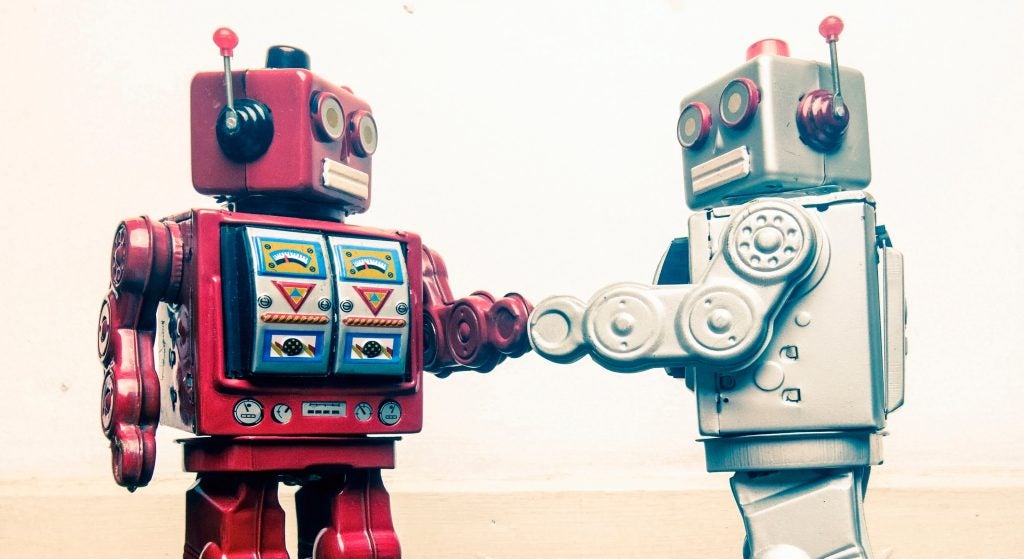AI and robotics are leading the transformative changes in the oil and gas sector, accelerating operational efficiency, safety and environmental sustainability, according to new research by GlobalData.
Moreover, these technologies are reshaping how the sector approaches exploration, production, refining and logistics – leading to subsequent productivity enhancements, according to Offshore Technology’s parent company.
Saurabh Daga, project manager for disruptive tech at GlobalData, said that AI and robotics are “bringing far and wide changes in the oil and gas sector, fundamentally redefining what is possible”, helping us “overcome challenges and setting new benchmarks for efficiency and innovation”.
They added: “From autonomous operations, drilling optimisation, plant inspections, to fleet optimisation, they are transforming upstream, midstream and downstream operations and pushing the envelope of efficiency and innovation.”
The report, titled Cognitive Energy: Transforming Oil & Gas with AI and Robotics, features more than 50 real-world AI and robotics innovations in the sector.
It categorises these by their impact on sector use cases, demonstrating potential sector-wide transformation. The report also explores emerging areas such as generative AI (GenAI) and pipeline inspection robotics with practical industry examples.
For example, US-based SLB (formerly Schlumberger) has partnered with UK-based INEOS Energy to integrate AI capabilities through SLB’s Delfi digital platform.
Shell has initiated the implementation of GenAI technology for offshore oil drilling. The company has collaborated with Texas-based AI start-up SparkCognition to enhance its deep-sea oil and gas exploration and drilling capabilities through a jointly developed proprietary GenAI approach.
Daga added that the oil and gas sector’s future “depends on AI and robotics across its entire value chain, from upstream seismic analysis and real-time monitoring to predictive maintenance and autonomous refineries downstream”.
Challenges such as “data integration, safety regulations and skilled labour require collaborative solutions and strategic investments in R&D, and overcoming these hurdles will unlock the passage to AI and robotics-driven efficiency, sustainability and innovation in the sector”, Daga concluded.









